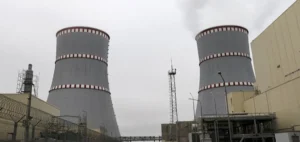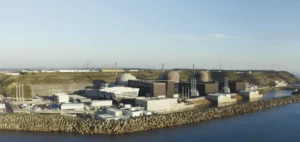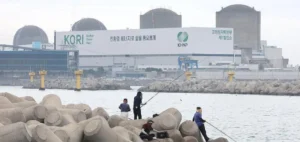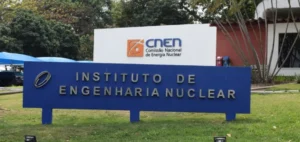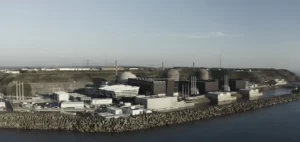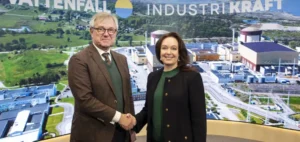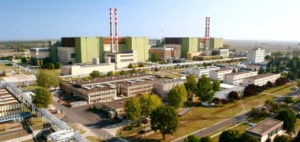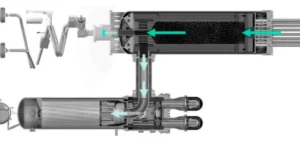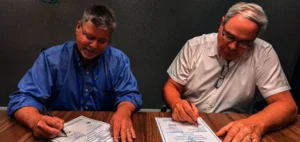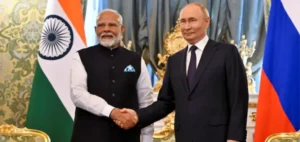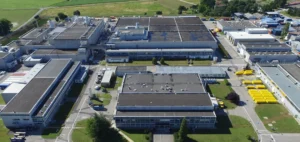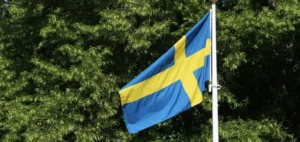About 500 welders will still be mobilized in 2023 at EDF to repair the pipes of six nuclear reactors highly exposed to the risk of corrosion, but without the reinforcement of their North American colleagues who had come to support them in 2022 on these huge sites, EDF has learned.
“About 500 welders will continue to be mobilized on these sites in 2023. There will be no international reinforcements in this context,” the EDF group told AFP.
“Most of the North American welders” sent as reinforcements by EDF contractors, have in fact “returned at the end of the year”, EDF said.
The discovery at the end of 2021 of corrosion problems on portions of piping crucial to the safety of the plants has since led to the prolonged shutdown of many reactors for inspections or repairs, and contributed to the plunge in EDF’s nuclear production to its historic low.
More than 600 people have been mobilized in 2022 on these repair sites, including a hundred or so highly qualified welders and pipe fitters from the United States and Canada, who have been called in to support the French teams.
Constrained by radiation exposure limits, the latter were in fact undersized to meet the magnitude of the task: on a reactor alone, a construction site lasts over five months. And France is sorely lacking in these highly specialized profiles.
EDF must repair its 16 most recent and most powerful reactors before the end of 2023, which by their “design” are very exposed to this risk of cracks. To date, ten are already repaired or in progress, and six will be repaired in 2023.
The EDF group believes it has “sufficient resources” to carry out these repairs, since they are “planned operations”, it says.



